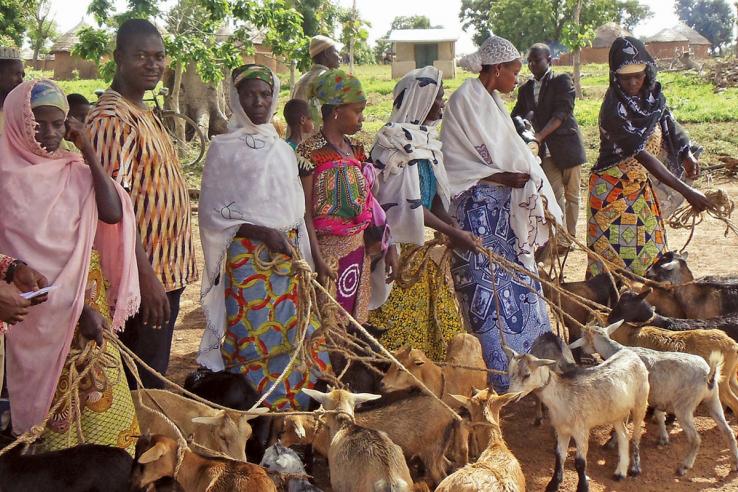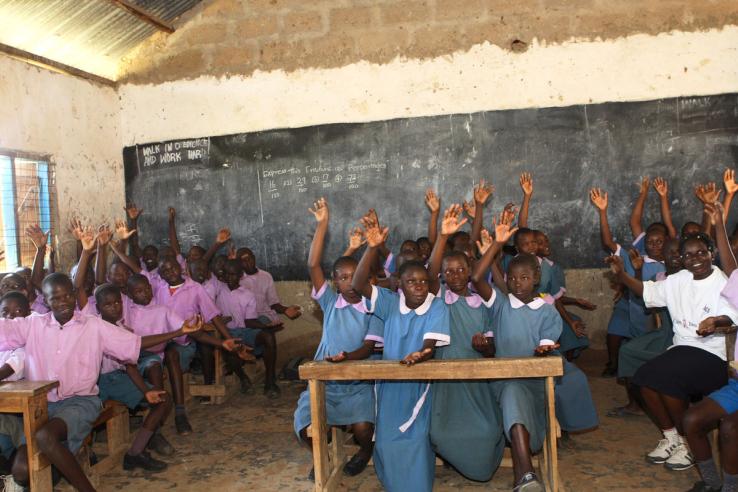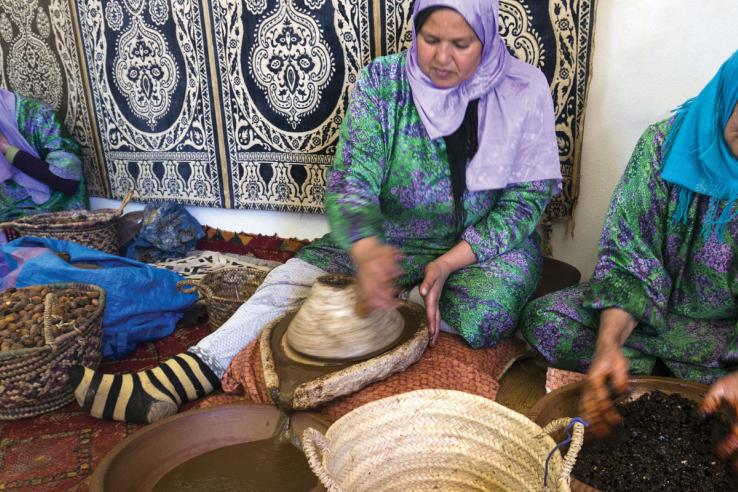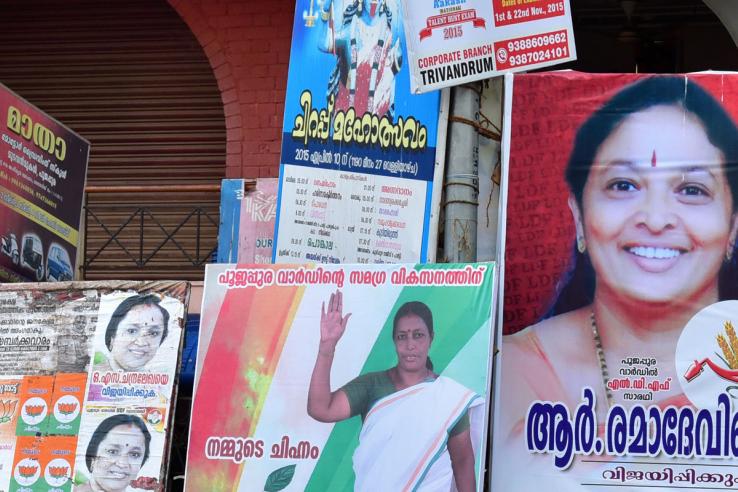Displaying 526 - 540 of 7894
Resource
Basic page
J-PAL/CLEAR South Asia's Research for Impact Fellowship 2024 is a fellowship designed to enhance the capacity of PhD students in India in conducting impact evaluations.
Resource
Basic page
Resource
Basic page
At J-PAL North America, we work across a number of program areas to better understand which anti-poverty programs and policies work and why.
Policy insight
When designed well, insurance does protect small-scale farmers from adverse weather events, but farmers have low demand for these products at market prices. New technologies and climate-smart agricultural practices can reduce farmers’ risk exposure and increase their climate resiliency. More...
Policy insight
A multifaceted livelihood program that provided low-income households with a productive asset, training, regular coaching, access to savings, and consumption support led to large and long-lasting positive impacts on their standard of living. Additionally, recipient households were better positioned...
Policy insight
Crime and violence prevention programs that draw on behavior change techniques to address cognitive biases in decision-making have been effective in reducing criminal, violent, and antisocial behaviors. These generally low-cost interventions may help participants enhance their emotional regulation...
Policy insight
In the United States, the estimated impacts of charter schools have varied widely. In Massachusetts, students who won lotteries for charter schools located in urban areas often did substantially better than students who lost; while students who won lotteries for charter schools in nonurban areas...
Policy insight
Programs that reduce the costs of education increase student enrollment and attendance. However, there is considerable variation in the cost effectiveness of different programs.
Policy insight
Agricultural extension services can be improved by leveraging tools like information and communication technologies, trainer incentives, or social learning to support small-scale farmers’ decisions to invest in new, profitable practices. Extension programs that target both male and female members of...
Policy insight
Increasing access to traditional microcredit has had limited impacts on smallholder farmers’ profitability in randomized evaluations in developing countries. Demand for new offers of credit was low, ranging from 17 to 33 percent, and even when farmers used traditional credit products to invest in...
Policy insight
Relatively low-cost programs to simplify the college application process and support students through this transition can increase college enrollment and persistence in the United States and Canada. Personalized assistance, timely reminders, and fee waivers were key components of effective programs.
Policy insight
Gender quotas for women in local government bodies can improve women’s representation in politics, increase provision of public services, and improve perceptions of women as leaders.
Policy insight
Reducing the costs and increasing the perceived benefits of education increase student participation for both boys and girls, and successful programs tend to help the gender with the lowest initial attendance most.
Person
Anna Schickele is a Policy Manager at J-PAL LAC in Santiago, Chile, where her work focuses on promoting the scale-up of successful programs and tracking J-PAL’s policy influence in the region.










